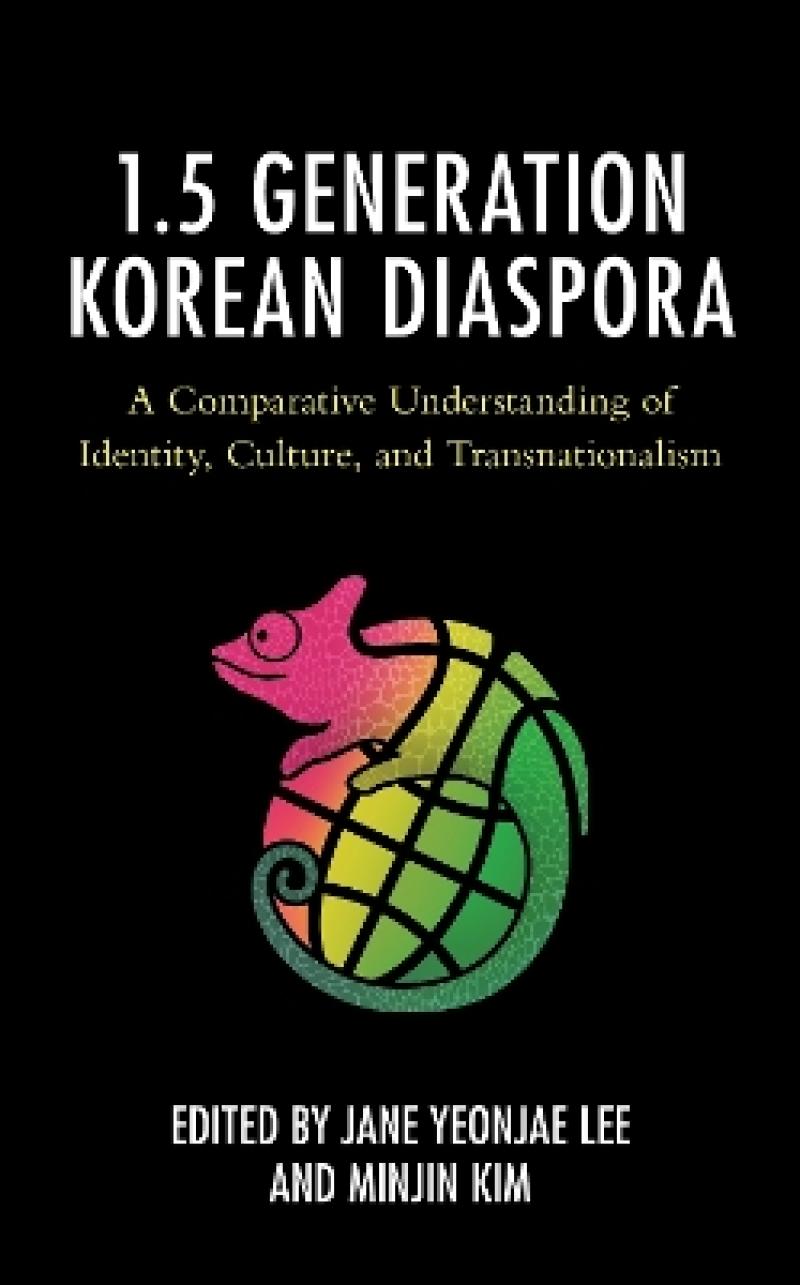<p>Editors Lee and Kim bring together research on 1.5 generation Koreans who immigrated to the US, New Zealand, Canada, and Argentina as children. Recognizing that there is no universal definition of the 1.5 generation, the editors broadly describe this group as children born in their home country who immigrated to another country with their first-generation parents, making them not quite first- or second-generation Korean. Chapters analyze the unique and complex diversity of 1.5 generation Koreans by exploring multiple components of this group through interviews and ethnographic research. Some themes include ethnic identity negotiations, love and marriage, parenthood, health care, and Korean churches.... This volume fills a significant gap in the research on the 1.5 generation Korean diaspora and paves the way for further research on this topic. It will be a valuable resource for readers studying sociology and migration, particularly within the Korean diaspora. Highly recommended.</p>
Choice Reviews
<p>An excellent, first of its kind collection of studies of the 1.5 generation Korean immigrants. Transnational Communities explores their cultural and identity clashes, as well as their struggles to become empowered as the “middle migrants” caught between their first generation immigrant parents and the mainstream society, and as the “transnational bridges” between Korea and their countries of residency. A well-organized, stimulating volume based on cutting-edge scholarship in the field, this is a must-read for anyone interested in Korean immigration.</p>
- Gi-Wook Shin, Stanford University,
<p>The authors of this edited book, mostly of the 1.5-generation Korean background, explore ethnic identity, Korean culture, and transnational ties to their homeland among 1.5-generation Koreans, respectively settled in the United States, Canada, New Zealand, and Argentina. Specializing in several different disciplines, they discuss these issues in connection with their disciplines, mother-daughter relationships, love and marriage, Korean churches, and health care. Almost all chapters, based on personal interviews and/or ethnographic research, provide readers with fascinating stories. This book is in no doubt an extremely significant contribution to studies of 1.5 generation Koreans.</p>
- Pyong Gap Min, CUNY/Queens College,
The 1.5 Generation Korean Diaspora: A Comparative Understanding of Identity, Culture, and Transnationalism provides insights into the contemporary experiences of 1.5 generation Korean immigrants around the world. By exploring Korean emigrants’ lives in host locations such as Los Angeles, Boston, Toronto, Auckland, Argentina, and Deluth, the contributors study the inherent complexities of being a 1.5 generation immigrant and show that 1.5 generation immigrants are a unique group that deserves further study. The contributors analyze key issues, such as the 1.5 generation’s identity negotiations, their occupational trajectories, the role of ethnic communities and institutions, changing values of love and marriage, the cultural tension involved in parenthood, their health needs and services, and ethnic and transnational entrepreneurship.
This book provides a comparative perspective on the contemporary experiences of 1.5 generation Korean immigrants around the world. The contributors study 1.5 generation Korean immigrants in America, New Zealand, Argentina, and Canada while exploring key issues of identity, transnationalism, and culture.
Chapter 1: Introducation
Jane Yeonjae Lee and Minjin Kim
PART I. Community, Identity, and Belonging
Chapter 2: Making Sense of Migrant Life: Ethnicity among 1.5 Generation Koreans in Argentina
Irene Yung Park
Chapter 3: Experiences of Religious Marginalization and Identity Development Among Non-Christian Korean Americans
Jane Yeonjae Lee
Chapter 4: Ritual and Visibility: The Plays of Ins Choi
Alicia Corts
PART II. Family and Gender
Chapter 5: Bridging Loves: How Korean-American Mothers and Daughters Trouble: “Tradition and Modernity” through Love
Su C. Choe
Chapter 6: Negotiating Cultural Tension: Parenthood and 1.5 Generation Korean-New Zealanders
Hyeeun Kim
PART III Health and Well-being
Chapter 7: Healthcare Utilization among 1.5-generation Korean Americans: Comparison with Other Immigrant Generation Koreans and 1.5 Generation Asian Subgroups
Sou Hyun Jang
Chapter 8: Sexual Health Behaviors, Substance Use, and Health Care Utilization among Korean American Women
Minjin Kim and Hyeouk Chris Hahm
PART IV Transnationalism and Entrepreneurship
Chapter 9: Navigating In-betweenness: How 1.5 Generation Immigrant Entrepreneurs Recombine Resources from Both Worlds
June Y. Lee and Edison Tse
Chapter 10: Female Transnational Entrepreneurs (FTEs): Transnationalism, Gender, and Identity
June Y. Lee and Jane Yeonjae Lee
Produktdetaljer
Biografisk notat
Jane Yeonjae Lee is research associate in the Department of Geography at Kyung Hee University.
Minjin Kim is assistant professor in the College of Nursing at University of Cincinnati.
